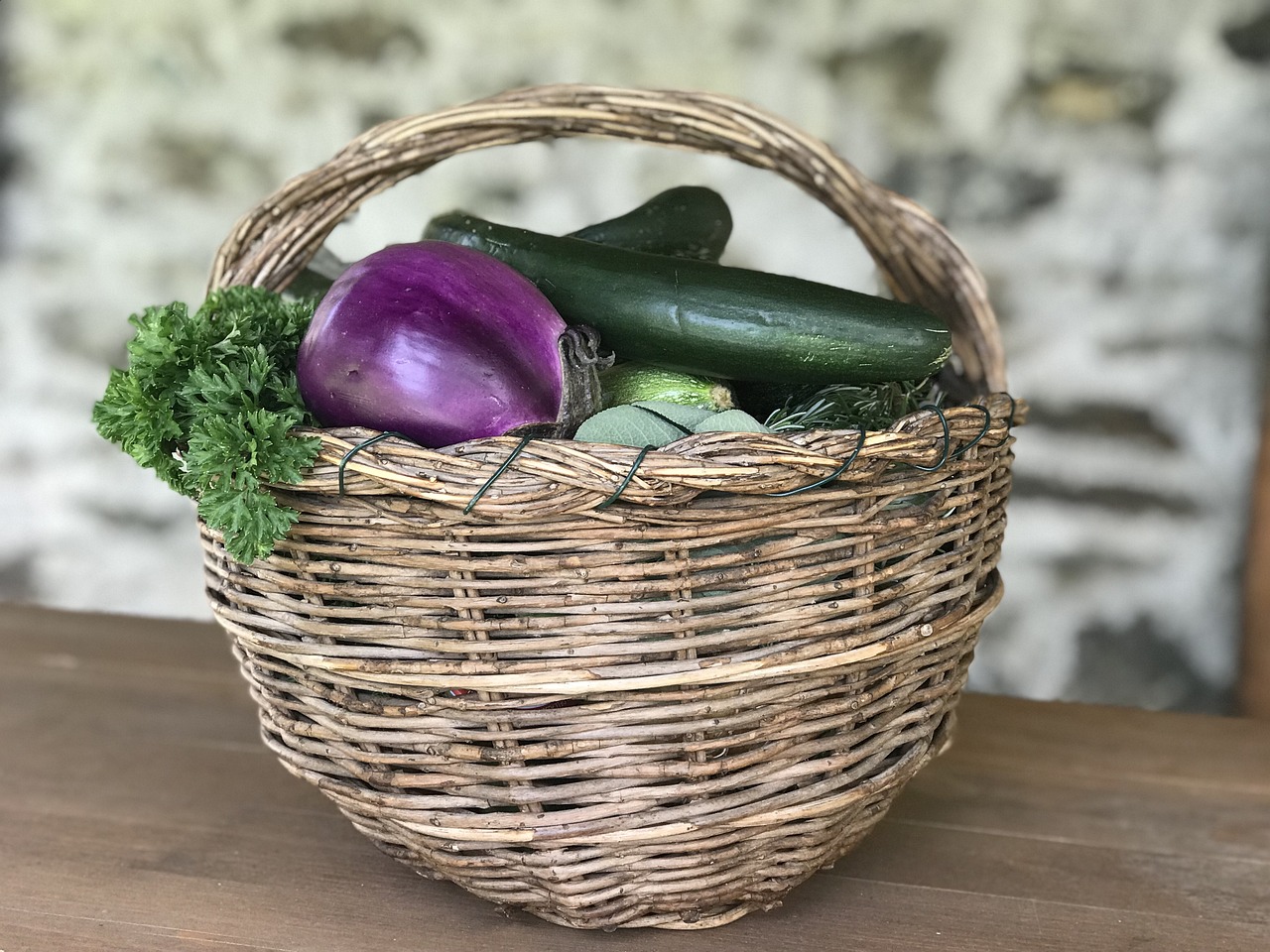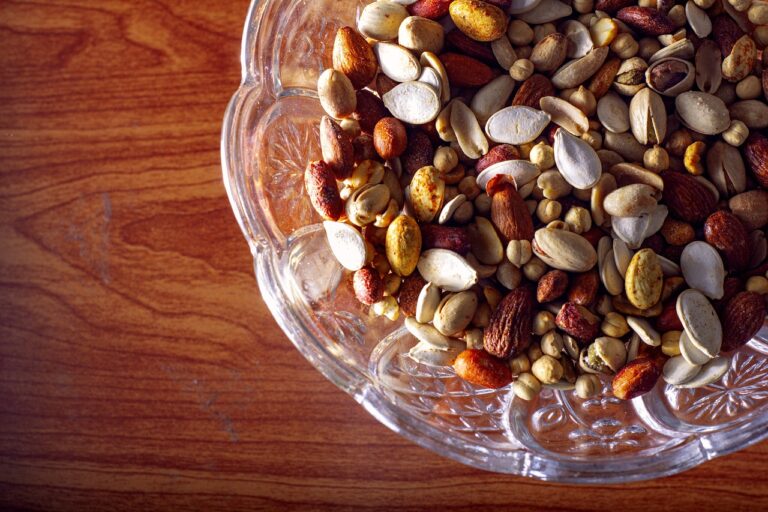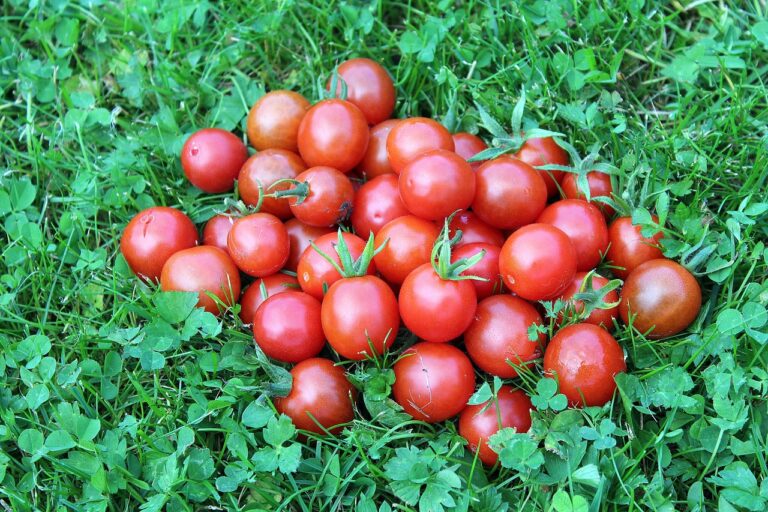Addressing concerns about pesticide residues in commercially processed fruit pulp and puree: 11xplay reddy login registration, Reddy anna whatsapp number, Golden7777
11xplay reddy login registration, reddy anna whatsapp number, golden7777: Addressing concerns about pesticide residues in commercially processed fruit pulp and puree
Fruit pulp and puree are popular ingredients used in a wide range of food products, from juices and smoothies to sauces and desserts. However, concerns about pesticide residues in commercially processed fruit pulp and puree have raised questions about the safety and quality of these products.
It is important to understand the potential risks associated with pesticide residues in fruit pulp and puree, as well as the steps that can be taken to address these concerns. In this article, we will explore the issue of pesticide residues in commercially processed fruit pulp and puree, and provide guidance on how consumers and food manufacturers can ensure the safety of these products.
Understanding pesticide residues in fruit pulp and puree
Pesticides are chemicals that are used to protect crops from pests and diseases. While pesticides play a critical role in modern agriculture by helping to increase crop yields and ensure food security, there are concerns about the potential health risks associated with exposure to pesticide residues in food products.
When fruits are sprayed with pesticides during the growing process, residues of these chemicals can sometimes remain on the fruit’s skin or flesh. These residues can then make their way into commercial fruit pulp and puree during processing, potentially exposing consumers to harmful chemicals.
The levels of pesticide residues in commercially processed fruit pulp and puree are regulated by government agencies, such as the Food and Drug Administration (FDA) in the United States. These agencies set maximum residue limits (MRLs) for pesticides in food products, which are designed to ensure that the levels of pesticide residues in these products are safe for consumption.
However, there are concerns that some commercially processed fruit pulp and puree products may exceed these MRLs, potentially putting consumers at risk of exposure to harmful pesticide residues. Additionally, there is a lack of transparency in the food industry regarding the use of pesticides in fruit production and processing, making it difficult for consumers to make informed choices about the products they purchase.
Addressing concerns about pesticide residues in fruit pulp and puree
To address concerns about pesticide residues in commercially processed fruit pulp and puree, consumers and food manufacturers can take several steps to ensure the safety and quality of these products.
1. Choose organic fruit pulp and puree: Organic fruits are grown without the use of synthetic pesticides, so choosing organic fruit pulp and puree products can help reduce the risk of exposure to pesticide residues. Look for products that are certified organic by a reputable organization, such as the USDA Organic label in the United States.
2. Check for third-party certifications: Some fruit pulp and puree products may carry third-party certifications that indicate that the product has been tested for pesticide residues and meets certain safety standards. Look for certifications from organizations such as the Non-GMO Project or the Clean Label Project when choosing products.
3. Wash fruits before processing: If you are processing fresh fruits into pulp or puree at home, be sure to wash the fruits thoroughly before processing them. This can help remove any pesticide residues that may be present on the fruit’s skin or flesh.
4. Support transparent food companies: Look for food companies that are transparent about their sourcing and production practices, including their use of pesticides. Companies that prioritize transparency are more likely to prioritize food safety and quality.
5. Advocate for stronger regulations: Consumers can also advocate for stronger regulations on pesticide use in agriculture and food processing. By supporting policies that limit the use of harmful pesticides and promote sustainable farming practices, consumers can help reduce the risk of pesticide residues in food products.
6. Conduct independent testing: For food manufacturers, conducting independent testing for pesticide residues in fruit pulp and puree products can help ensure that these products meet safety standards and are free from harmful chemicals. Working with reputable testing labs can provide valuable insights into the quality of these products.
By taking these steps, consumers and food manufacturers can work together to address concerns about pesticide residues in commercially processed fruit pulp and puree, and ensure that these products are safe and healthy for consumption.
FAQs about pesticide residues in commercially processed fruit pulp and puree
Q: Are pesticide residues always present in commercially processed fruit pulp and puree products?
A: While pesticide residues can be present in some commercially processed fruit pulp and puree products, proper testing and monitoring can help ensure that these products meet safety standards and are free from harmful chemicals.
Q: How can consumers know if a fruit pulp or puree product contains pesticide residues?
A: Consumers can look for organic certifications, third-party certifications, and transparent sourcing practices when choosing fruit pulp and puree products. These indicators can help consumers make informed choices about the products they purchase.
Q: What should consumers do if they are concerned about pesticide residues in a fruit pulp or puree product?
A: Consumers who are concerned about pesticide residues in a fruit pulp or puree product can contact the manufacturer for more information about the product’s sourcing and production practices. They can also choose organic or certified products to reduce the risk of exposure to pesticide residues.
Q: Are there any health risks associated with consuming fruit pulp or puree products with pesticide residues?
A: While the health risks of consuming fruit pulp or puree products with pesticide residues are minimal, it is important to limit exposure to these chemicals whenever possible. Choosing organic products and supporting transparent food companies can help reduce the risk of exposure to harmful pesticide residues.
Q: How can food manufacturers ensure that their fruit pulp and puree products are free from pesticide residues?
A: Food manufacturers can conduct independent testing for pesticide residues in fruit pulp and puree products to ensure that these products meet safety standards. Working with reputable testing labs and prioritizing transparent sourcing practices can help ensure the quality and safety of these products.
In conclusion, addressing concerns about pesticide residues in commercially processed fruit pulp and puree requires collaboration between consumers, food manufacturers, and regulatory agencies. By choosing organic products, supporting transparent food companies, and advocating for stronger regulations, consumers can help ensure that fruit pulp and puree products are safe and healthy for consumption. Additionally, conducting independent testing and monitoring can help food manufacturers maintain the quality and safety of these products, providing consumers with peace of mind when choosing these ingredients for their food products.







